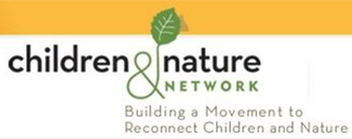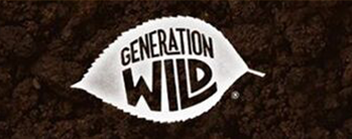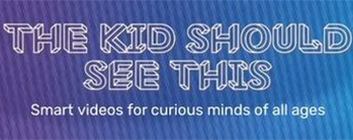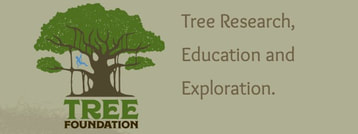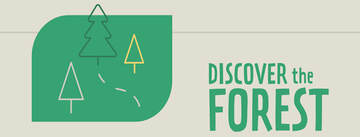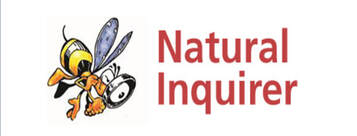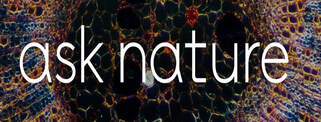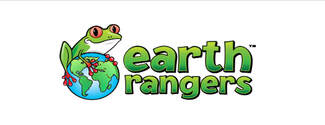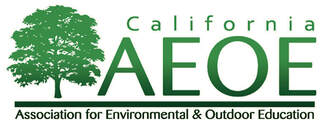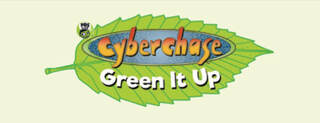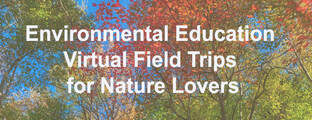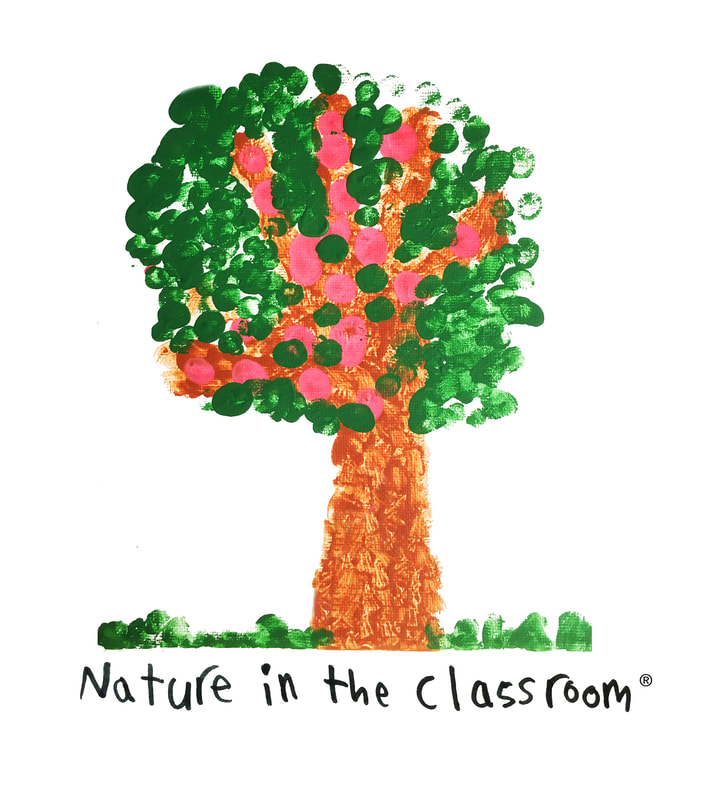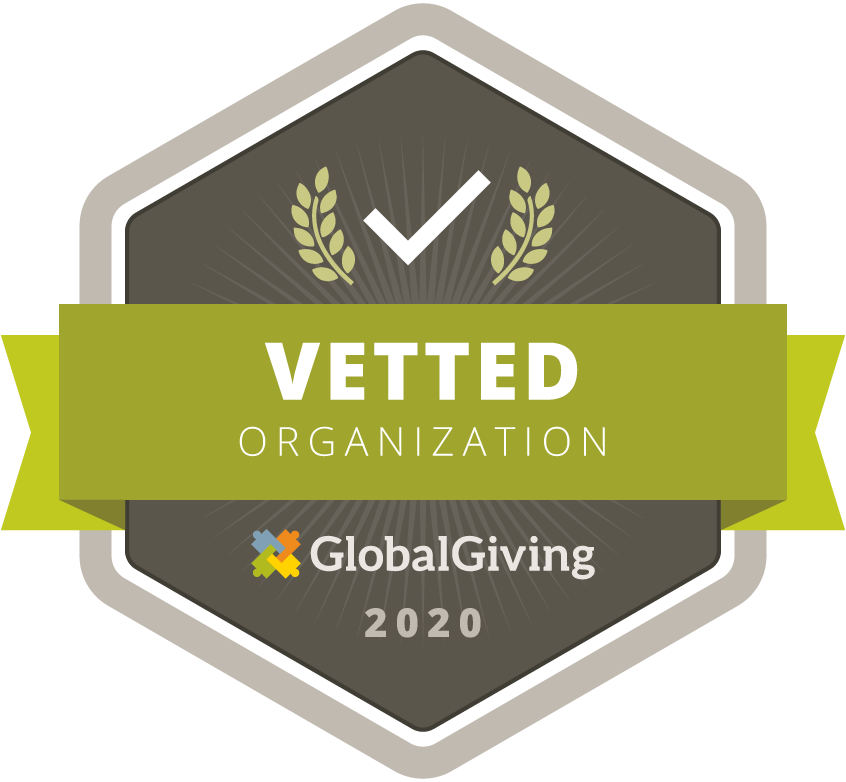1,000 Donors Giving $5 a Month Will Plant 3 Trees a Month
"Trees are poems that the Earth writes upon the sky." Kahlil Gibran
Links to Environmental Education Curriculums and Activities
Environmental education resources for teachers that include outdoor and indoor activities, mindfulness exercises, games and curriculums.
Click on the Boxes Below
Click on the Boxes Below
|
Curriculum & Activities: Helping communities create and maintain a sustainable environment through education. Click the link, register, explore and download ThinkEarth's curriculum, activities, and videos.
|
Research, activities, tools and resources: We are leading a global movement to increase equitable access to nature so that children– and natural places–can thrive.
|
Outdoor Play: Everything from a kid-sized bucket list to videos on how to complete some really cool outdoor projects. Click the link and access books, activities and apps that will help show them the way out the door.
|
|
Citizen Science: iNaturalist helps you identify the plants and animals around you. Get connected with a community of over 750,000 scientists and naturalists who can help you learn more about nature! By recording and sharing your observations, you’ll create research quality data for scientists working to better understand and protect nature.
|
App, curriculum, tools and activities: Mindfulness in education improves attention, memory, cognitive flexibility, reasoning, planning, goal directed behavior and self regulation. It further reduces emotional reactivity, anxiety and depression.
|
Curriculum and Professional Development: Teach effectively by creating your own interactive learning experiences-or adopt exemplars made by teachers and Smithsonian experts.
|
|
4,300+ kid-friendly videos: Curated for teachers and parents who want to share smarter, more meaningful media in the classroom and at home. Selections are grown-up-friendly, too. And thanks to our members, it's free for everyone.
|
Early Childhood Resources:
|
Nature Lab Curriculum Platform: Nature is the fantastic factory that makes the building blocks of all our lives—food, drinking water, the stuff we own, and the air we breathe. That’s why The Nature Conservancy and its 550 scientists have created Nature Lab: to help students learn the science behind how nature works for us and how we can help keep it running strong.
|
|
Resources: How to Guides, Activities for Kids, Conserve Wildlife, Partner Resources and Posters
|
The TREE Foundation: Strives to educate
the public about nature, conservation, and science. Need to hire a tree canopy photographer? Looking for a book about tree canopy biology? Want to view some videos? We may have what you are looking for in our resources archive. |
Museums & Landmarks: These are fun and wonderful websites that will show you different parts of the world, famous landmarks, beautiful works of art, historic marvels, science adventures and so much more!
|
|
Discover the Forest: The Discover the Forest campaign, a public service campaign created by the Ad Council in partnership with the U.S. Forest Service, encourages parents of tweens to experience the outdoors with their family to strengthen their connection with nature and each other.
|
The Natural Inquirer: This program is packed with free activities and resources, offering a variety of science education materials for PreK through grade 12. Natural Inquirer products are produced by the USDA Forest Service, FIND Outdoors, and other cooperators and partners.
|
Green Teacher: Magazine, books, webinars and podcasts offering perspectives on the role of education in creating a sustainable future, practical articles and ready to use activities for various age levels, and reviews of dozens of new educational resources.
|
|
AskNature: Help students understand how life's systems and features can inspire the design of systems and products that solve human problems. Whether you use biomimicry examples regularly in your teaching, or you are new to the concept of biomimicry, AskNature has tools for both you and your students.
Earth Rangers: Is the charity that transforms children’s concerns about the environment into positive action. When a child becomes an Earth Ranger, they become an animal-saving hero, developing confidence that they can make a difference and optimism about the future.
Learning Hub: The Tree Campus K–12 Resource Hub contains examples of tree-centric curriculum and activities that have the power to connect your students to trees.
|
Tools For Teaching: Gear to help you get students outside, investigating and learning about the natural world.
Cyberchase Green It Up: Green It Up is a hands-on program designed for children ages 6-8 to inspire a deep appreciation for nature, build STEM skills, and help students feel empowered to take action in their communities to care for the planet, just like their favorite characters from Cyberchase.
Acorn Naturalists: Environmental education, school supplies, science and nature activity kits, and hands-on educational resources for parents, teachers, naturalists, camp leaders, outdoor educators, homeschoolers, preschool and after school educators.
|
Links to Virtual Tours Of: Botanical Gardens and Flower Gardens; National Parks; Online Nature Museums and Virtual Classrooms; Tour the World Biomes; Wildlife and Aquarium Live Cams; Additional Readings for Environmental Education.
Learning Is Our Nature: Activities and resources to engage children in learning about the environment through the lens of trees and forests.
Next Vista For Learning: Provides a library of free videos made by and for teachers and students everywhere.
|


